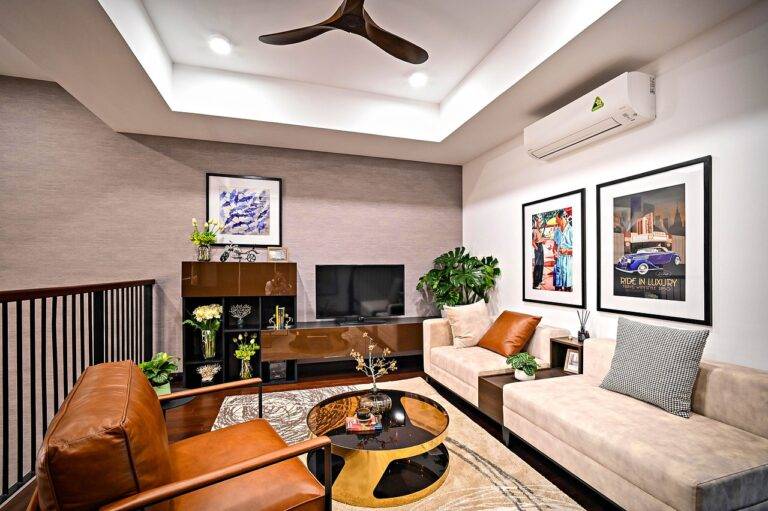How to Choose the Right HVAC System
When selecting an HVAC system for your home, it’s essential to consider the size of your living space. A system that is too small will struggle to adequately cool or heat your home, while one that is too large may lead to inefficient operation and unnecessary expenses. It is crucial to accurately measure the square footage of your home and consult with HVAC professionals to determine the appropriate size for optimal performance.
Additionally, energy efficiency is a key factor to keep in mind when choosing an HVAC system. Energy-efficient systems can help lower your utility bills and reduce your overall carbon footprint. Look for systems with high SEER (Seasonal Energy Efficiency Ratio) ratings for air conditioners and AFUE (Annual Fuel Utilization Efficiency) ratings for furnaces to ensure that you are investing in a system that will save you money in the long run.
Assessing Your Home’s Heating and Cooling Needs
When assessing your home’s heating and cooling needs, it is essential to consider factors such as the size of your home, the number of rooms, and the layout of the space. Homes with multiple levels may require different heating and cooling solutions compared to single-story residences. Additionally, the insulation levels and the presence of windows can impact the overall heating and cooling requirements of your home.
Another crucial aspect to evaluate is the climate in which your home is located. Homes in colder regions will have higher heating demands, while those in warmer climates might prioritize effective cooling systems. Understanding the typical weather patterns in your area will help determine the appropriate HVAC system that can efficiently maintain a comfortable indoor temperature throughout the year.
Understanding the Different Types of HVAC Systems Available
There are several types of HVAC systems available in the market, each catering to different needs and preferences. One common type is the split system, which consists of both indoor and outdoor units. The indoor unit contains the evaporator coil and blower, while the outdoor unit houses the compressor and condenser coil. This type of system is popular for its energy efficiency and ability to provide both heating and cooling.
Another type to consider is the packaged HVAC system, which houses all components in a single unit that is typically installed outside the home. This system is ideal for homes with limited indoor space or for those looking for a more streamlined setup. Packaged systems are known for their simplicity in installation and maintenance, making them a convenient option for many homeowners.





